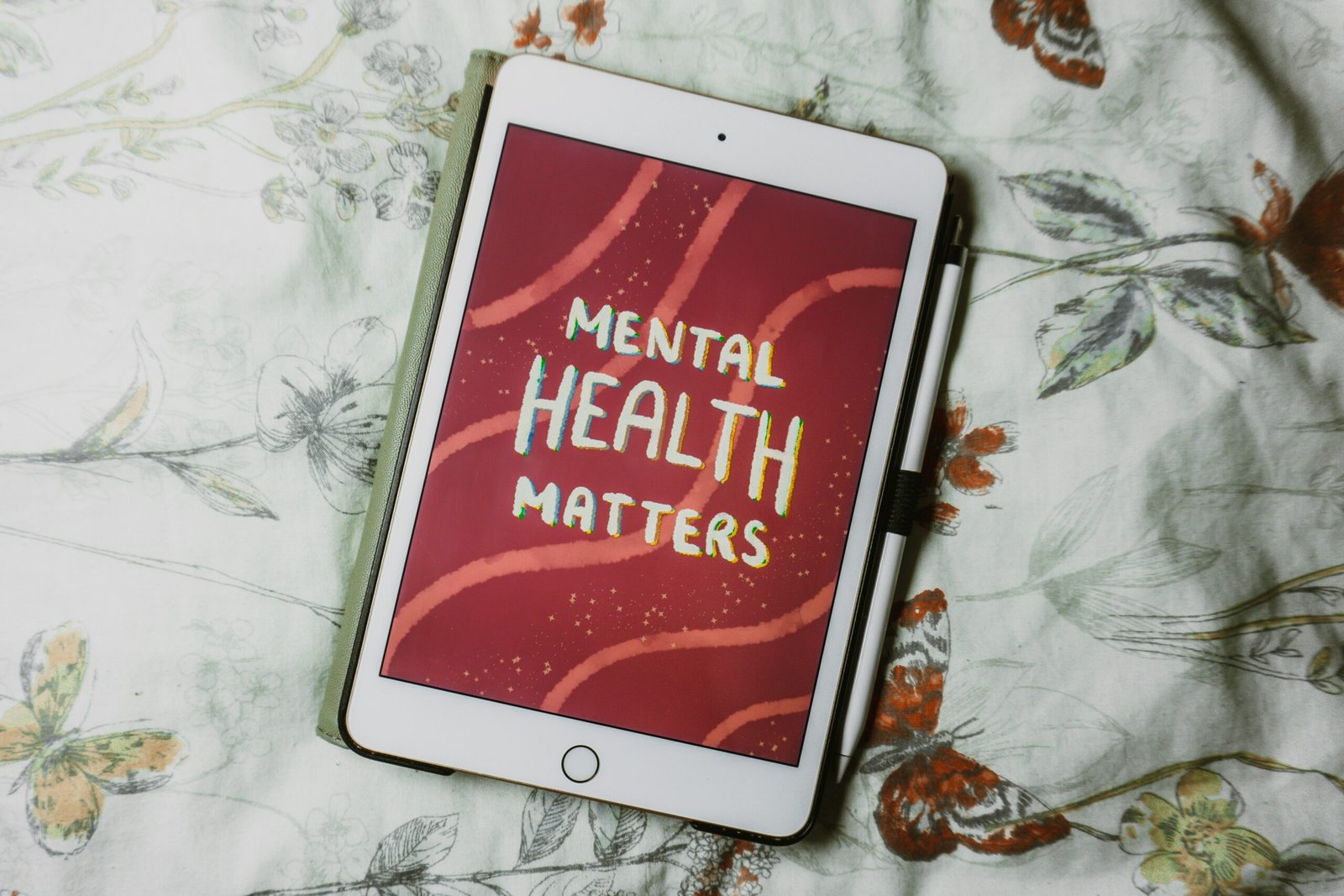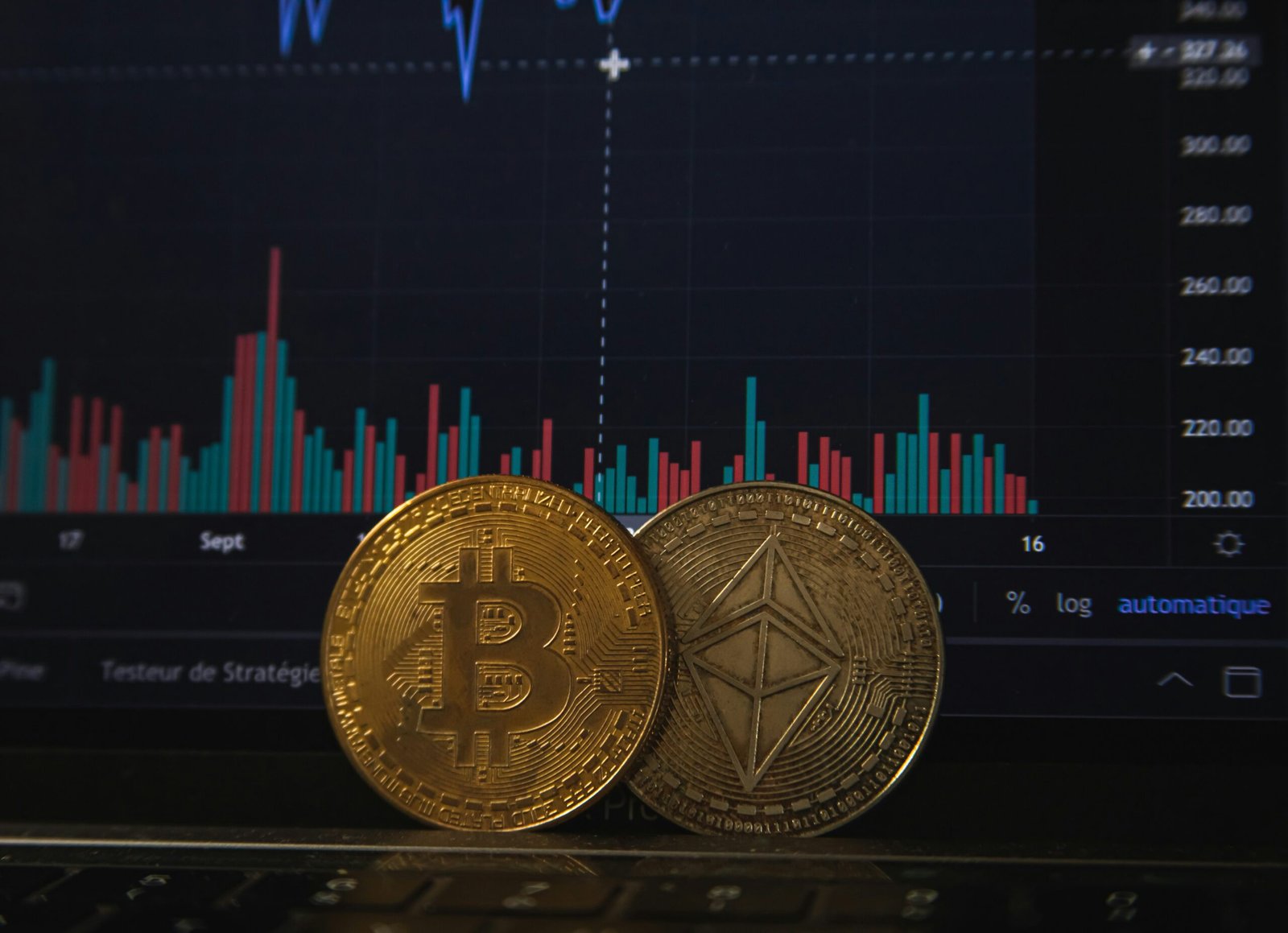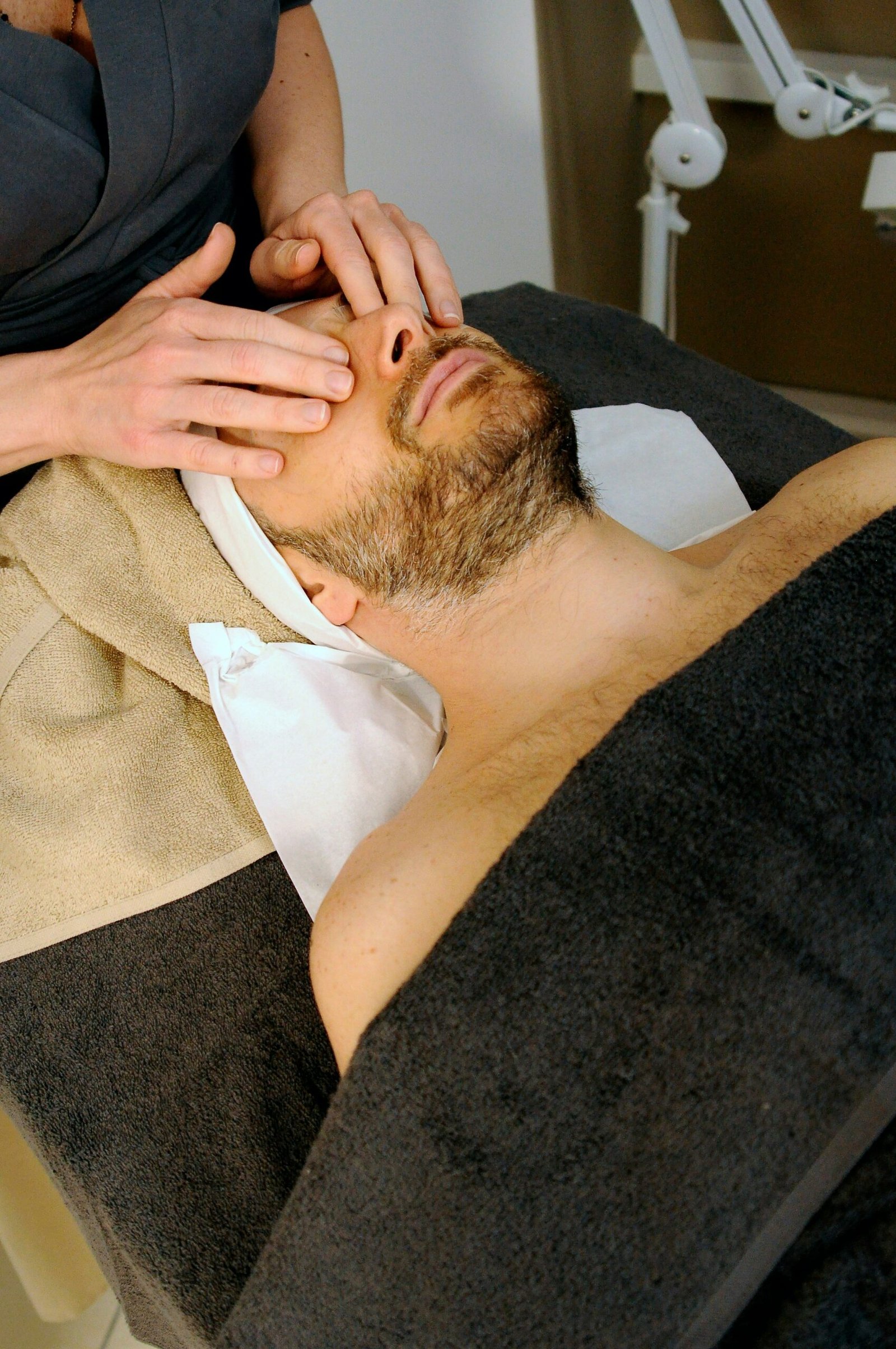The Importance of Digital Detox for Mental Wellness

The Importance of Digital Detox for Mental Wellness
In today’s fast-paced and hyper-connected world, it can be challenging to find a moment of peace and quiet. Our smartphones, tablets, and laptops have become extensions of ourselves, constantly demanding our attention and keeping us plugged into the digital world. While technology has undoubtedly brought many benefits, it’s also important to recognize the toll it can take on our mental health.
That’s where the concept of a digital detox comes in. A digital detox is a period of time where you intentionally disconnect from your devices and take a break from the digital world. It’s a way to recharge, reset, and prioritize your mental wellness. In this article, we will explore the importance of digital detox for mental wellness and provide tips on how to incorporate it into your life.
One of the main reasons why digital detox is crucial for mental wellness is the constant exposure to screens and information overload. Our devices have become a gateway to a vast amount of information, entertainment, and social media platforms. While this accessibility can be beneficial, it can also lead to feelings of overwhelm, anxiety, and a constant need for validation. The constant stream of notifications, messages, and updates can create a sense of FOMO (fear of missing out) and prevent us from fully being present in the moment.
Moreover, the blue light emitted by screens can disrupt our sleep patterns and affect the quality of our rest. Studies have shown that exposure to blue light in the evening can suppress the production of melatonin, a hormone that regulates sleep. This can lead to difficulty falling asleep, insomnia, and overall sleep deprivation. By taking a break from our devices, we give our eyes and brains a much-needed rest, allowing for better sleep and improved mental well-being.
Another aspect of digital detox is the opportunity it provides for self-reflection and introspection. When we are constantly connected and bombarded with information, it can be challenging to find the time and space to reflect on our own thoughts and emotions. Taking a break from technology allows us to reconnect with ourselves and engage in activities that promote mindfulness and self-care. Whether it’s spending time in nature, practicing meditation, or pursuing hobbies that bring us joy, a digital detox can help us reestablish a sense of balance and prioritize our mental well-being.
Additionally, a digital detox can improve our relationships and social connections. In a world where virtual interactions have become the norm, it’s easy to lose sight of the importance of face-to-face communication and genuine human connection. By disconnecting from our devices, we create space for meaningful conversations, quality time with loved ones, and the opportunity to build deeper connections. It allows us to be fully present in our interactions and fosters a sense of belonging and fulfillment.
Incorporating a digital detox into our lives may seem challenging at first, but it’s essential for our mental wellness. Start by setting boundaries and designating specific times or days where you will disconnect from your devices. Create a technology-free zone in your home, such as the bedroom or dining area, to promote better sleep and quality time with family. Engage in activities that don’t involve screens, such as reading a book, going for a walk, or practicing a hobby. And most importantly, be kind to yourself and give yourself permission to take a break from the digital world.
In conclusion, digital detox is a necessary practice in today’s technology-driven society. By intentionally disconnecting from our devices, we can improve our mental well-being, reduce feelings of overwhelm, and foster deeper connections with ourselves and others. It’s a way to prioritize self-care, recharge, and find balance in an increasingly digital world. So, take the first step towards a healthier relationship with technology and embark on a digital detox journey today.
Why Digital Detox is Important
1. Reducing Stress: Constant exposure to notifications, emails, and social media updates can lead to increased stress levels. Taking a break from the digital world allows your mind to relax and reduces the pressure to constantly be available and connected.
2. Improving Sleep: The blue light emitted by screens can disrupt our sleep patterns. By disconnecting from screens before bed, we can improve the quality of our sleep and wake up feeling more refreshed.
3. Enhancing Relationships: Being constantly glued to our devices can strain our relationships with loved ones. By disconnecting from technology, we can be more present and engaged in our interactions, fostering stronger connections.
4. Boosting Creativity: Constant digital stimulation can hinder our ability to tap into our creativity. Taking a break from screens allows our minds to wander, fostering new ideas and innovative thinking.
5. Increasing Productivity: Contrary to popular belief, being constantly connected doesn’t necessarily make us more productive. Taking regular breaks from technology can help us focus better, improve our attention span, and ultimately enhance our productivity.
6. Promoting Physical Health: Spending excessive time on digital devices often leads to a sedentary lifestyle, which can have detrimental effects on our physical health. By taking a digital detox, we have the opportunity to engage in physical activities, such as outdoor exercises or hobbies, that promote a healthier lifestyle.
7. Improving Mental Well-being: The constant bombardment of information and the pressure to always be connected can take a toll on our mental well-being. Taking a break from technology allows us to clear our minds, reduce anxiety, and improve our overall mental health.
8. Rediscovering the Present Moment: In our digitally-driven world, it’s easy to get caught up in the past or future, constantly scrolling through timelines and planning for what’s next. A digital detox allows us to reconnect with the present moment, appreciating the beauty of the here and now.
9. Cultivating Mindfulness: By disconnecting from technology, we can practice mindfulness, which involves being fully present and aware of our thoughts, feelings, and surroundings. This can lead to a greater sense of self-awareness, improved focus, and a deeper connection with ourselves.
10. Finding Balance: In a world where technology is ever-present, it’s important to find a balance between our digital lives and the real world. Taking regular digital detoxes helps us establish healthier habits and boundaries with technology, ensuring that we are in control of our devices rather than being controlled by them.
11. Set Realistic Goals: When incorporating digital detox into your life, it’s important to set realistic goals. Start small and gradually increase the amount of time you spend away from your devices. For example, you could begin by disconnecting for 30 minutes a day and gradually work your way up to a few hours.
12. Prioritize Self-Care: Use the time you would normally spend on your devices to prioritize self-care activities. This could include taking a relaxing bath, practicing self-reflection, or indulging in a hobby that brings you joy. By focusing on self-care, you are actively nurturing your well-being and reducing your reliance on technology.
13. Create a Digital-Free Morning Routine: Instead of reaching for your phone as soon as you wake up, create a digital-free morning routine. This could involve starting your day with a healthy breakfast, engaging in a morning workout, or spending quality time with loved ones. By starting your day without the distractions of technology, you can set a positive tone for the rest of the day.
14. Engage in Face-to-Face Interactions: Make an effort to engage in face-to-face interactions with others. This could involve meeting up with friends for a coffee, having a family game night, or joining a local club or organization. By prioritizing in-person connections, you can strengthen your relationships and reduce the need for constant digital communication.
15. Reflect and Evaluate: Regularly reflect on your digital detox journey and evaluate its impact on your life. Notice any changes in your mood, productivity, and overall well-being. If you find that certain strategies are not working for you, don’t be afraid to adjust and try new approaches. Remember, the goal is to find a balance that works for you.
By incorporating these tips into your daily life, you can successfully implement a digital detox and reap the benefits of a healthier relationship with technology. Remember, it’s okay to take a break and disconnect from the digital world. Your well-being and mental health should always be a priority.





